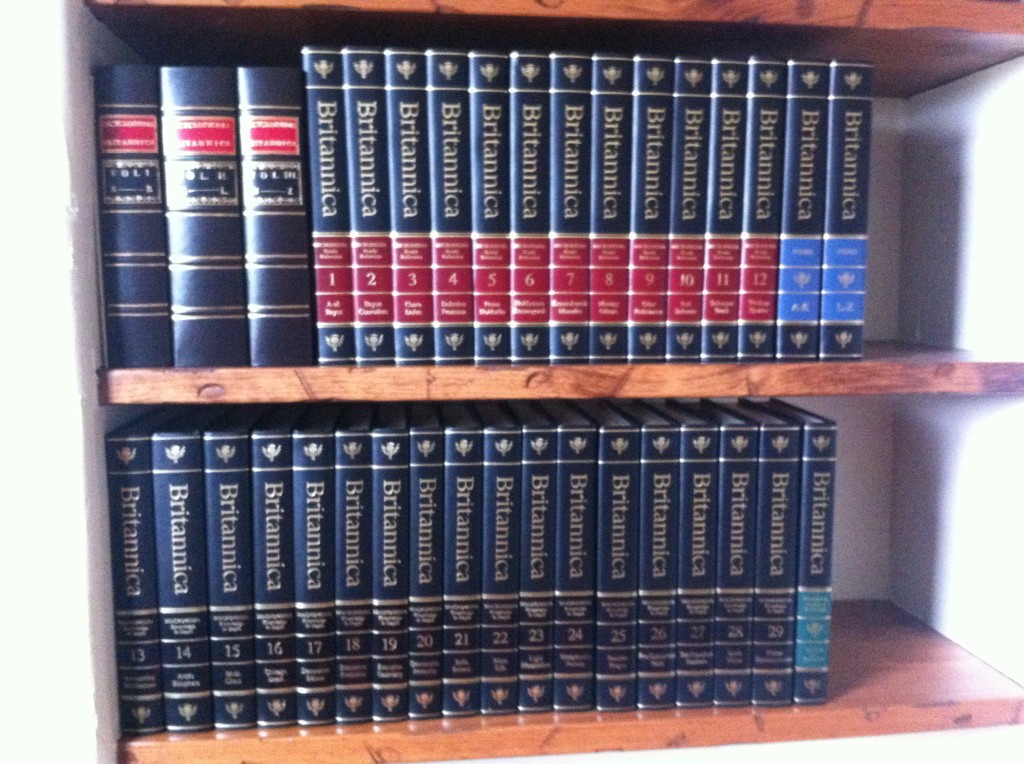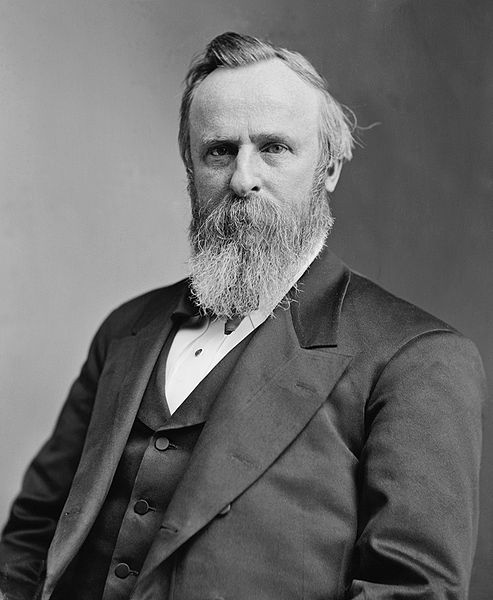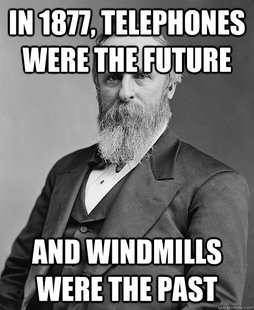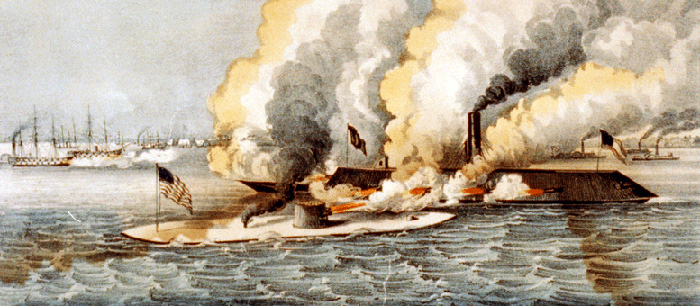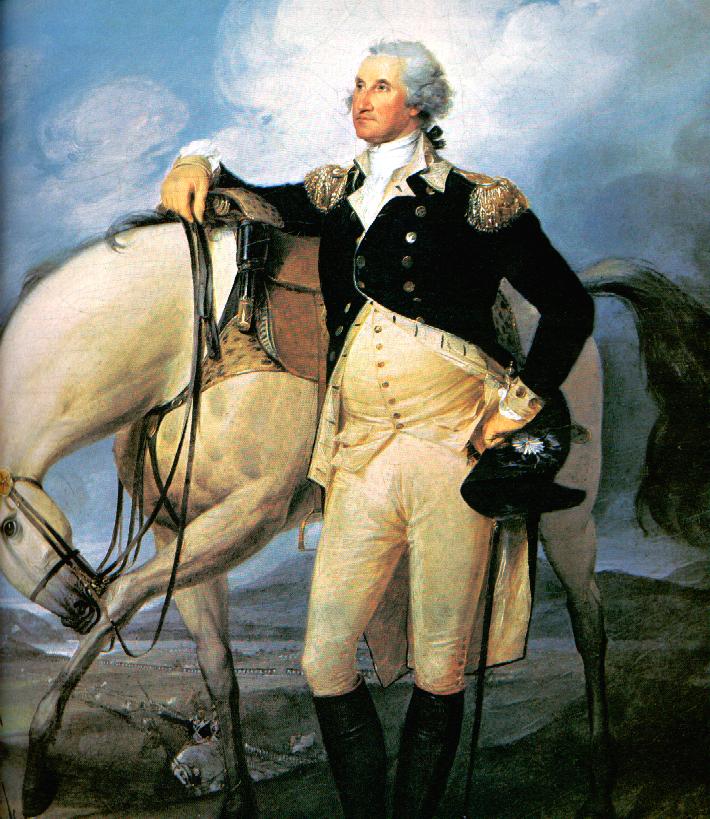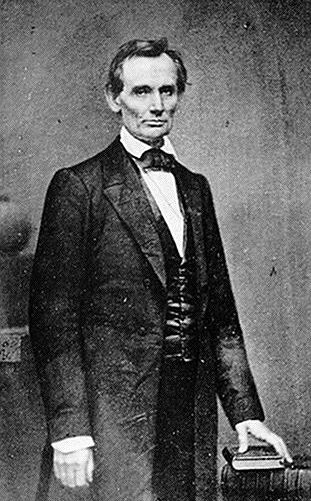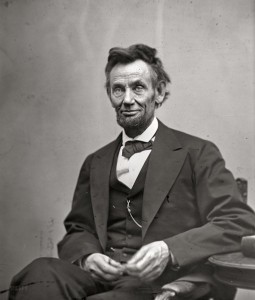The 2008 movie Swing Vote puts forth the premise that as a result of an impossibly splint American electorate and an election night malfunction the entire result of the Presidential election comes down to the single unexpressed vote of a New Mexico ne’er-do-well played by Kevin Costner. The future direction of the United States is implausibly tied to the ultimate “fence sitter” whose personal leanings are essentially unknowable. Mark Steyn in National Review Online in his typically brilliant style relates how a similarly absurd process is underway at the Supreme Court hearings into Obamacare, and how the shifting sand ideology of Justice Anthony Kennedy may be the deciding scale upon which the entire future of a United States, balanced or unbalanced upon a constitutional platform, is determined.
I am not remotely suggesting that Justice Kennedy is a ne’er-do-well. The superficial comparisons with the movie end at the gate of Justice Kennedy’s accomplished career and intellect. I am suggesting that our society’s ne’er-do-well attitude regarding civilized process has led us to this abyss. When Chief Justice Marshall ruled in Marbury vs Madison in 1803 that it was the onus of the judicial system to determine the extent to which a legislated act conforms to the Constitution, he could not have possibly imaged that such a consideration would lead us to the calamity we face today. Reflecting upon a set of principles, commitments, and responsibilities outlined in a mere four pages of a Constitution, it was a capable step to interpret how a single action could be reflected in the clarifying single sentences of the various brilliantly crafted Articles. He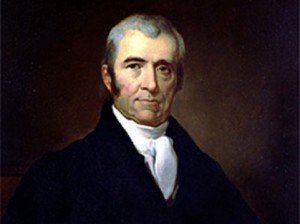 would have been dumbstruck to consider the constitutionality of a legislative act of governmental enumerate powers that spanned 2700 pages under the ludicrous title of the Patient Protection and Affordability Care Act, a leviathan of a law that seeks to delineate all potential considerations in managing an American citizen’s well being, currently one sixth, or 2.6 Trillion dollars of the Gross Domestic Product of the United States.
would have been dumbstruck to consider the constitutionality of a legislative act of governmental enumerate powers that spanned 2700 pages under the ludicrous title of the Patient Protection and Affordability Care Act, a leviathan of a law that seeks to delineate all potential considerations in managing an American citizen’s well being, currently one sixth, or 2.6 Trillion dollars of the Gross Domestic Product of the United States.
I am additionally not suggesting that Justice Anthony Kennedy is the modern day equivalent of Chief Justice Marshall. He’s not-Not by a long shot. Justice Kennedy has , however, unfortunately been put in the position, as a result of a perfectly split court reflecting a perfectly split electorate, of determining what will be the American Truth every bit as important as Marbury vs Madison. I don’t envy his weighty responsibility.
Oh, to have to assess the potential constitutional conflicts of a law that at 2700 pages already is a temple to conflict with constitutional values. The legislative crafters of this Noah’s Ark of Health Care, the crafters that nurtured and voted for it, had little if any idea of the consequences of such a blizzard of regulations, organizations, and powers. The main sponsor, the Speaker of the House Nancy Pelosi, suggested the best way to find out what was in the bill was to vote for it. The influential congressman, John Conyers of Michigan, suggested the very size of the law assured that he would have no time to read it, and that he felt comfortable voting on it sight unseen, if the people who assured him the law was a good idea would stand behind it. Behind such indepth analysis, the future of the implied contract of freedom of the individual and their relationship to a government with clearly limited enumerative powers hung in the balance. No worries. Certainly the justices who would be required to assess the law’s constitutionality would take the time to deconstruct the massive missal to governmental overreach. Actually, no. A 2700 page law proved beyond their capabilities and as Justice Scalia opined, would represent “cruel and unusual punishment” to any one individual who dared break the seal and read. So we are left with Justice Kennedy, the deciding vote, determining the very future of the United States, interpreting a law that no one has read, and invoking its future permanence or demise.
Mark Steyn makes all writers take a back seat when he puts his mind to paper, and in the case of dissonance of writing laws that no one can read, and its effect on a democratic society, he stands as a Zeus:
“Who does read the thing? “What happened to the Eighth Amendment?” sighed Justice Scalia the other day. That’s the bit about cruel and unusual punishment. “You really want us to go through these 2,700 pages . . . ? Or do you expect us to give this function to our law clerks?”He was making a narrow argument about “severability” — about whether the Court could junk the “individual mandate” but pick and choose what bits of Obamacare to keep. Yet he was unintentionally making a far more basic point: A 2,700-page law is not a “law” by any civilized understanding of the term. Law rests on the principle of equality before it. When a bill is 2,700 pages, there’s no equality: Instead, there’s a hierarchy of privilege micro-regulated by an unelected, unaccountable, unconstrained, unknown, and unnumbered bureaucracy. It’s not just that the legislators who legislate it don’t know what’s in it, nor that the citizens on the receiving end can never hope to understand it, but that even the nation’s most eminent judges acknowledge that it is beyond individual human comprehension. A 2,700-page law is, by definition, an affront to self-government.” national review online Mark Steyn
We are left to balance our futures and all that we have on the inscrutable machinations of Justice Kennedy. The careful balance of the three branches of government, so carefully weighted, and so brilliantly expounded by Madison and Hamilton, have been deformed beyond all recognition. It is up to Justice Kennedy, to free the tethers of the future from the whims of a solitary individual, and send this immutable mess of a “law” back ,forcing Congress to do its job of writing laws that invite structured debate and are knowable to all, so that rational choices can be made. Obamacare stands on the pretense of Accountable Care. We all know upon reflection that President Obama’s centerpiece is of no account, providing care that is simply uncountable. That’s no Affordable way for a democratic society to work.


